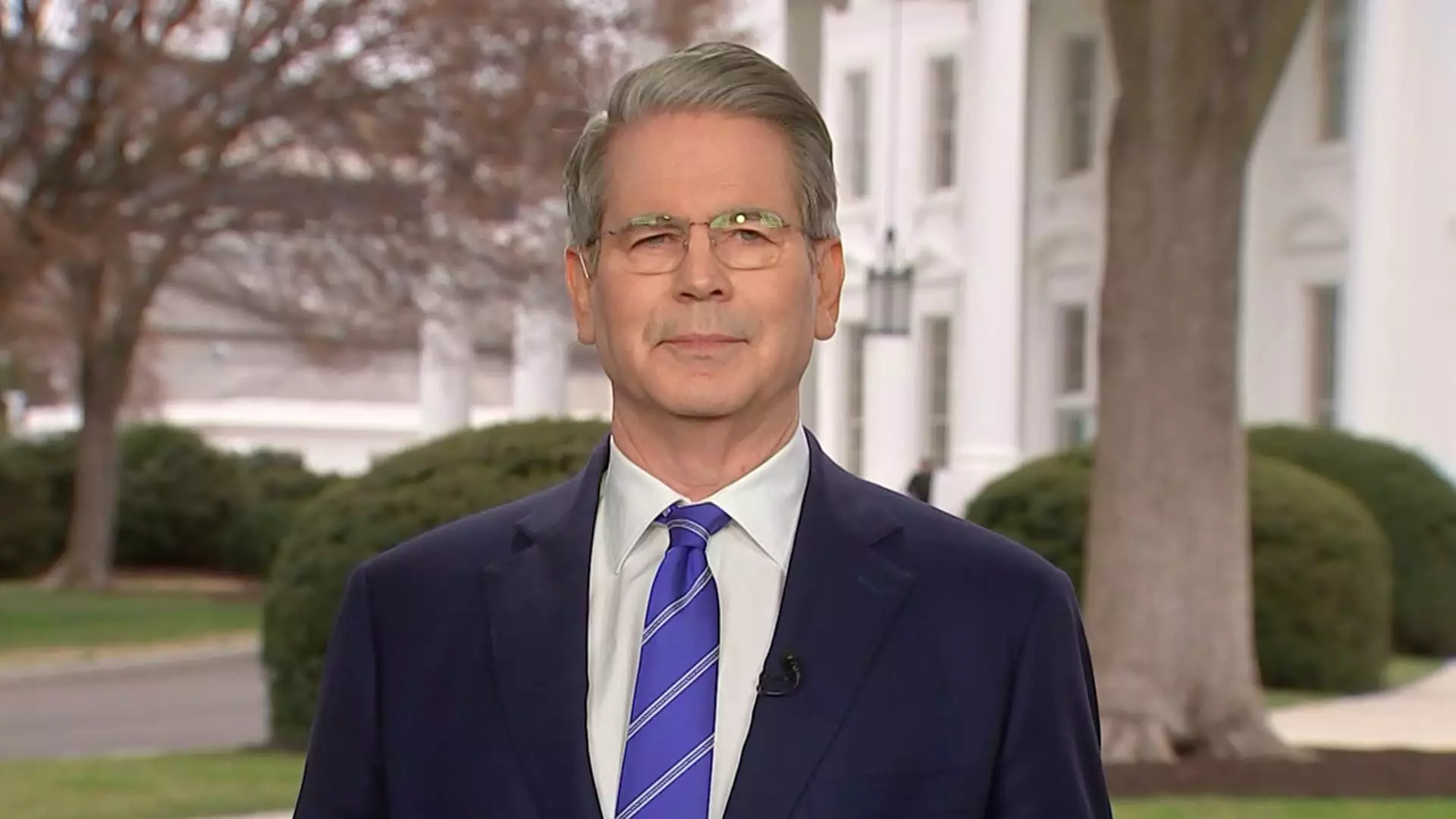In an era where fiscal responsibility is of utmost importance, Treasury Secretary Scott Bessent’s recent remarks reveal alarming truths about the Trump administration’s ongoing financial approach. He cautioned that if the government continued its extensive spending spree without restraint, a financial crisis could have been imminent. Such statements are not only a stark depiction of our fiscal negligence but also a troubling endorsement of half-measures that could destabilize our financial future. What he fails to nail down is the fact that merely resetting financial practices without addressing the root causes of this overspending is inadequate. Given the patterns observed during the Trump administration, it’s hard to ignore how our financial practices are leaning toward quick fixes rather than sustainable solutions.
Elon Musk’s Department of Efficiency: A Dubious Solution
The establishment of the Department of Government Efficiency under Elon Musk’s stewardship raises eyebrows more than it instills confidence. While the idea of reducing bureaucracy and trimming fat from government agencies seems appealing, letting a billionaire tech entrepreneur dictate public policy sends the message that America’s fiscal stewardship is now in the hands of those who may not grasp the complexities that underpin economic stability. Moreover, the reality remains that despite these efforts, the federal budget shortfall has already rocketed past the troubling $1 trillion mark early in Trump’s administration. It appears that the government’s intention to initiate cost-cutting measures is not aligned with its actual fiscal realities.
Signs of Economic Turbulence
In addition to the reckless spending, the markets under President Trump have exhibited profound volatility, characterized by sudden declines attributable to global tariffs and inflation fears. The S&P 500’s recent dip into correction territory illustrates an unsettling pattern—one that many investors are not prepared for. Bessent’s confidence that market corrections are “normal” feels misplaced when considering the alarming circumstances defining our current economic landscape. Investors deserve better guidance than passivity in the face of evident risks; they deserve pragmatic strategies that don’t merely rely on market fluctuations.
The “Pro-Business” Rhetoric: Short-Sighted Optimism
The incessant promotion of pro-business measures as a panacea for all economic woes has become usual under this administration. Bessent’s assurances of a healthy market bolstered by proactive fiscal policies sound more like optimistic platitudes than grounded financial analysis. True recovery isn’t just about okay-ing deregulation and tax breaks; it’s also about ensuring that these measures are underpinned by genuine economic health—something that is yet to be seen in the current administration’s financial strategy.
A Frightening Economic Outlook
Bessent’s sheer confidence, in asserting that the market will thrive long-term, serves as a reminder of the classic optimism bias that can lead to dire consequences if not checked. The absence of guarantees against a looming recession is a critical caveat that merits far more attention than it is receiving. In an age where economic uncertainty looms large, ignoring these fundamental truths could prove detrimental not just for investors but for American families relying on a steady economy. The appeal for a sustainable financial path is imperative, yet it remains to be seen whether the current measures undertaken will allow us to achieve that or whether we are merely setting ourselves up for a more profound financial crisis down the road.

